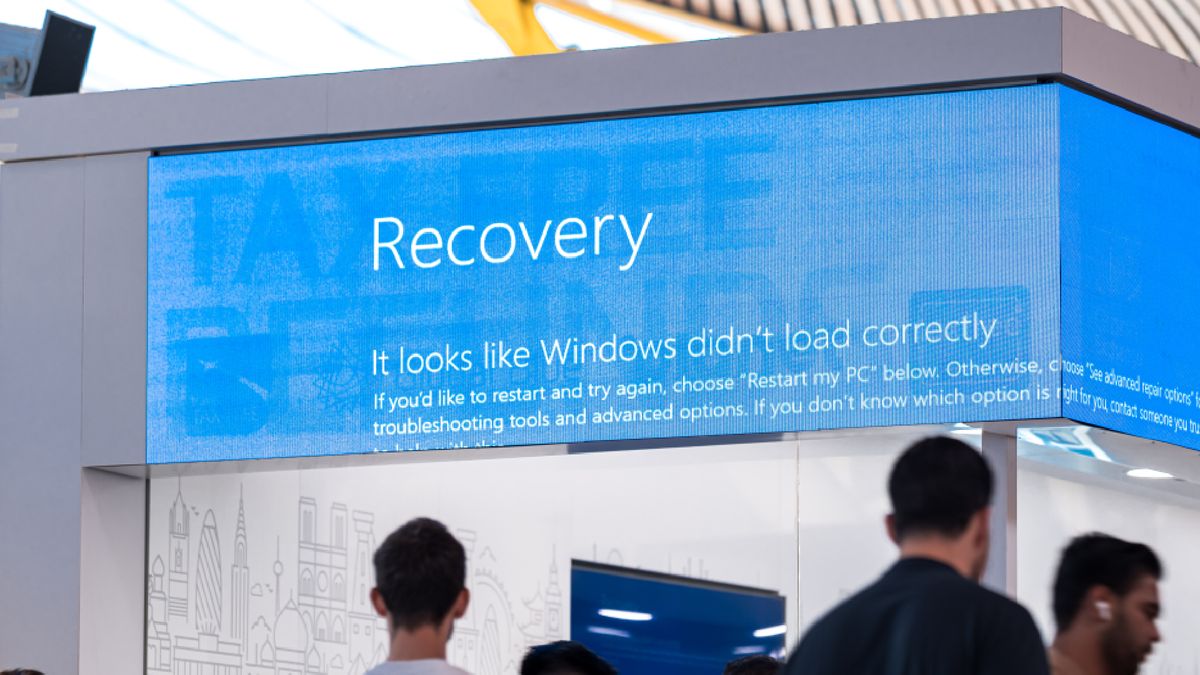You know the company responsible for crashing 8.5 million computers, grounding planes, and halting health services across the world just a couple of weeks ago? Well, shockingly, it turns out this company’s shareholders aren’t very happy.
CrowdStrike is being sued (via the BBC) by its shareholders for an unspecified amount for the catastrophic blunder that recently plunged many of the world’s IT systems into blue-screen hell and many first-line IT support workers into despair. The issue, as CrowdStrike CEO George Kurtz pointed out, thankfully was “not a security incident or cyberattack.”
Cyberattack or not, it wreaked havoc across many industries, from healthcare to airports, banks, football clubs, and more. CrowdStrike deployed a fix quickly (within two hours) but it wasn’t easy for businesses to implement. In fact, Kurtz said that “over 97%” of systems were back online six days after the incident occurred, which is another way of saying that almost a week later some systems still hadn’t recovered. A week’s a long time in business.
The lawsuit’s been launched by Plymouth County Retirement Association and alleges that CrowdStrike made “false and misleading” claims about its software’s testing and validation, that ultimately created “reputational harm and legal risk to CrowdStrike.”
Crowdstrike denies the claims. The company told the BBC that “we believe this case lacks merit and we will vigorously defend the company.”
The lawsuit lays out claims regarding CrowdStrike’s share price, which has recently plummeted over 30% since the botched update—that’s no small amount. It’s said to total around $25 billion in lost value.
The question isn’t whether CrowdStrike caused the worldwide IT outages. The company’s already admitted fault, and we know the problem was caused by an update file for CrowdStrike’s Falcon platform. The question is probably more like whether the company mislead its shareholders in such a way as to cause them financial losses they couldn’t have reasonably predicted. These are the kinds of questions the Texan court will have to adjudicate on.
One thing’s for sure: This is probably one screw-up a $10 Uber Eats voucher won’t fix.

